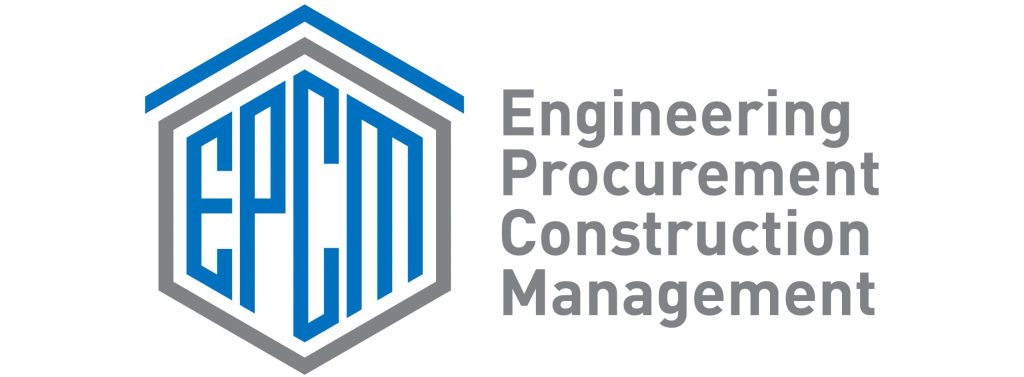The Engineering, Procurement, and Construction (EPC) industry is inherently risky. From complex projects and tight deadlines to budget constraints and unforeseen challenges, EPC professionals are constantly navigating a minefield of potential pitfalls. But what if there was a way to mitigate these risks more effectively? Enter Artificial Intelligence (AI).
While AI is already making waves in various sectors, its potential in EPC risk management remains largely untapped. Here’s how AI can revolutionize the way we approach risk in EPC projects:
1. Predictive Analytics for Proactive Risk Mitigation:
AI algorithms can analyze historical project data, identify patterns, and predict potential risks before they even occur. This allows project managers to take proactive steps to mitigate these risks, saving time, money, and resources in the long run. Imagine predicting potential delays due to weather patterns or identifying potential cost overruns based on material price fluctuations – AI can make this a reality.
2. Enhanced Risk Identification and Assessment:
AI-powered tools can sift through vast amounts of data, including project documents, emails, and even social media feeds, to identify potential risks that might go unnoticed by human eyes. By analyzing this data, AI can provide a more comprehensive and objective risk assessment, highlighting critical areas that require attention.
3. Real-time Risk Monitoring and Response:
AI can continuously monitor project progress, flagging potential risks in real-time. This allows for immediate response and corrective action, minimizing the impact of unforeseen events. Imagine a system that alerts you to a potential safety hazard on the construction site or a delay in material delivery – AI can make this possible.
4. Improved Decision-Making:
By providing data-driven insights and predictive analytics, AI empowers EPC professionals to make informed decisions regarding risk mitigation strategies. This leads to more effective risk management and ultimately, more successful project outcomes.
5. Optimized Resource Allocation:
AI can help optimize resource allocation by identifying areas where resources are most needed to mitigate high-priority risks. This ensures that resources are used efficiently and effectively, maximizing their impact on risk reduction.
The Future of EPC Risk Management is AI-Driven
By embracing AI, the EPC industry can move from reactive to proactive risk management, minimizing disruptions, reducing costs, and improving overall project success rates. It’s time to unlock the untapped potential of AI and revolutionize the way we approach risk in EPC projects.
What are your thoughts on the role of AI in EPC risk management? Share your insights and experiences in the comments below!

